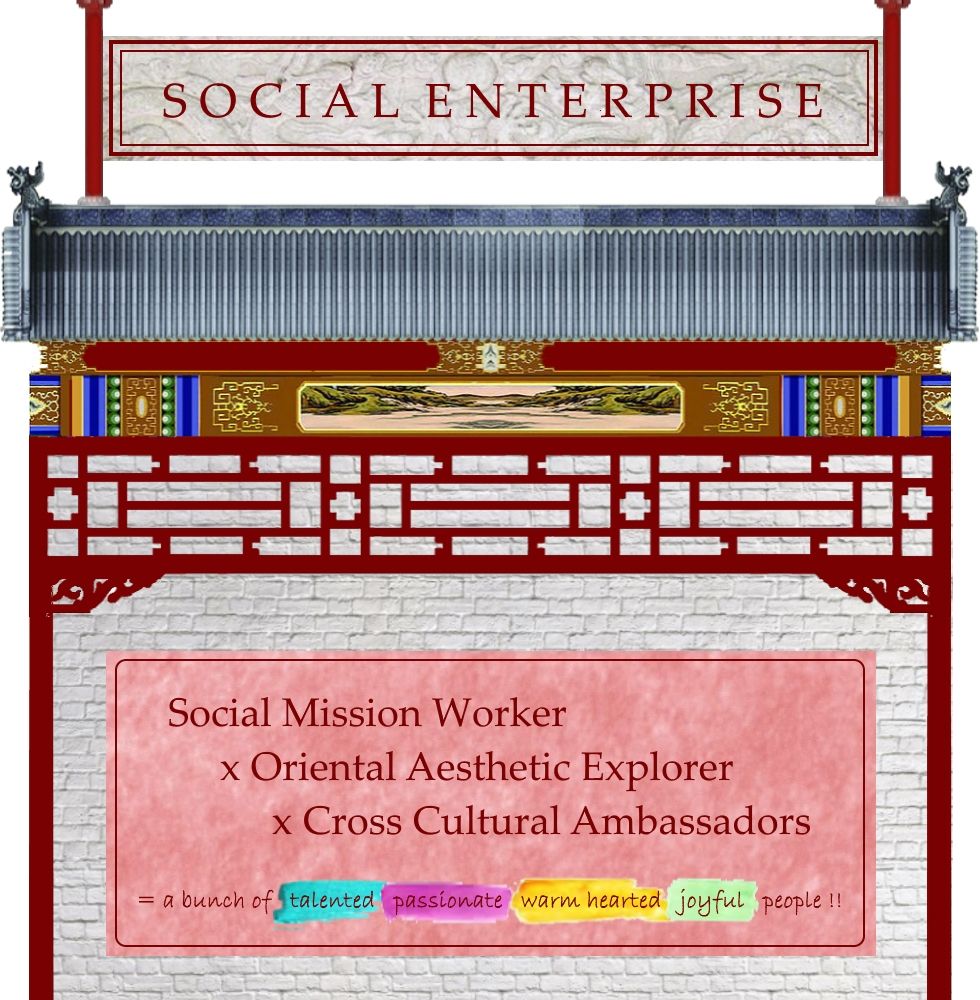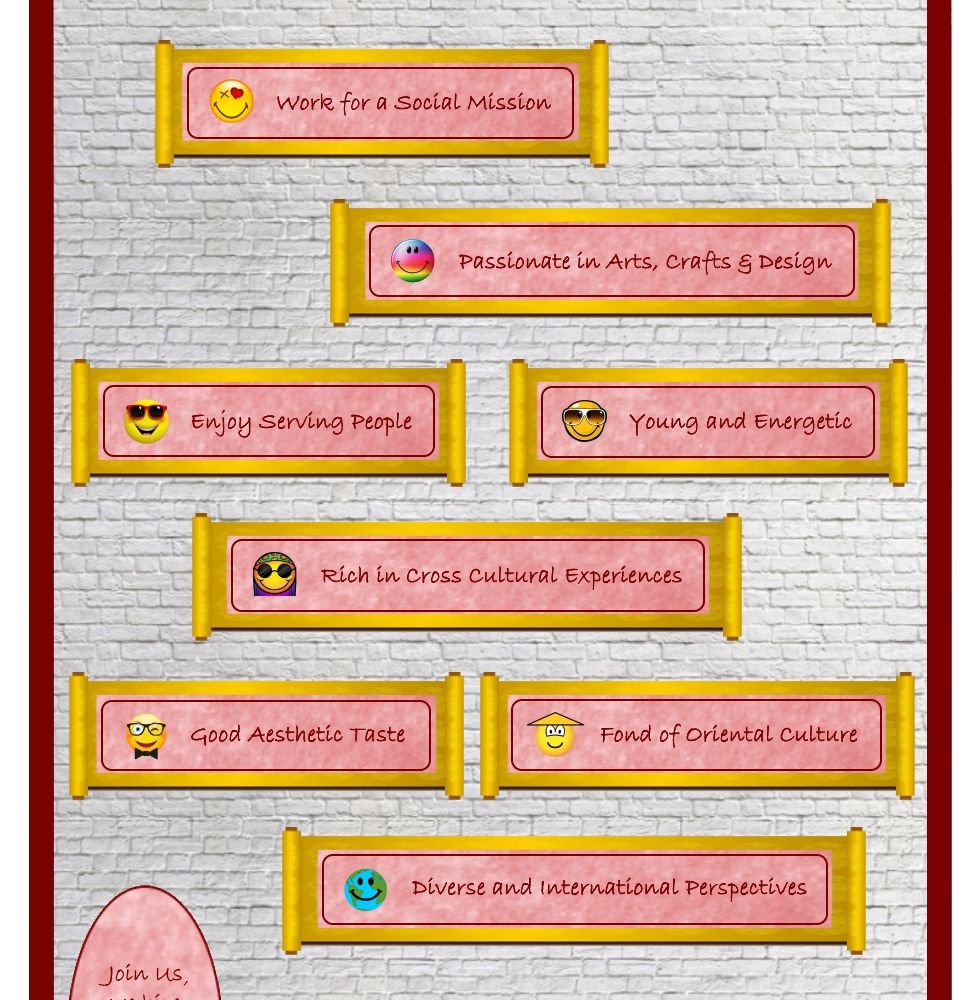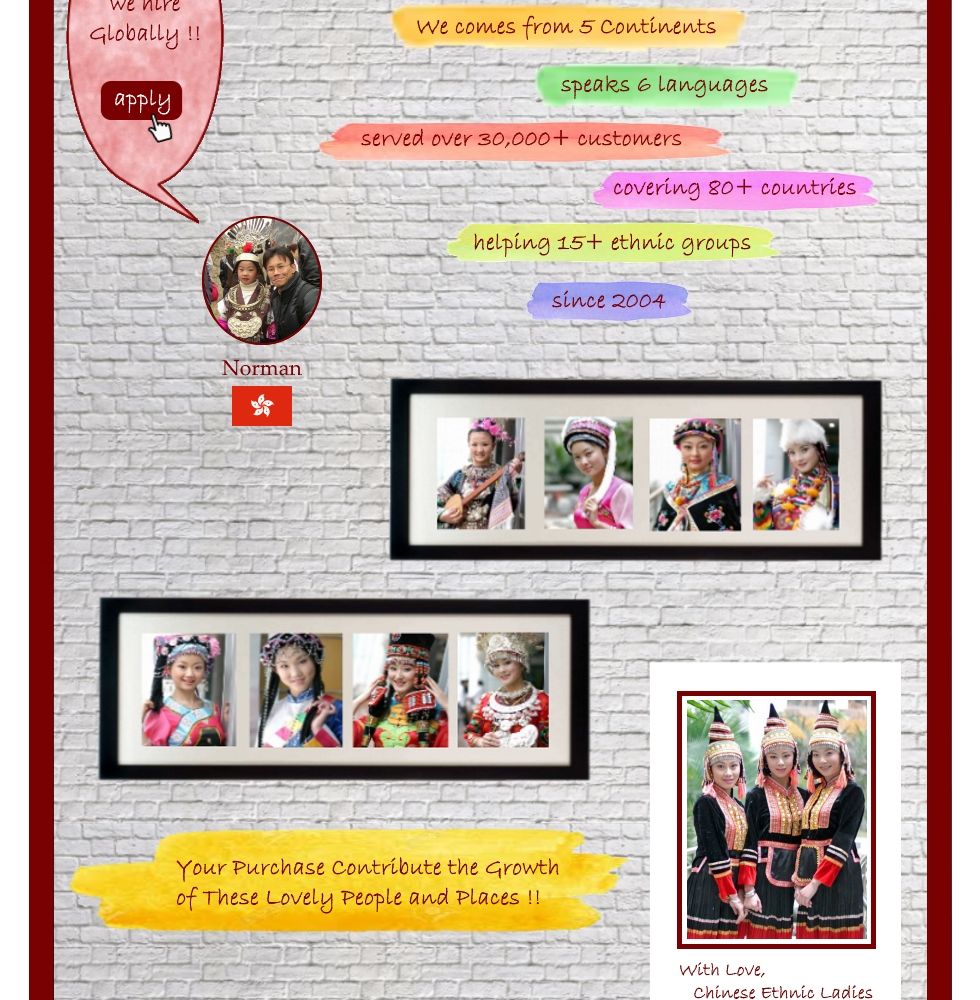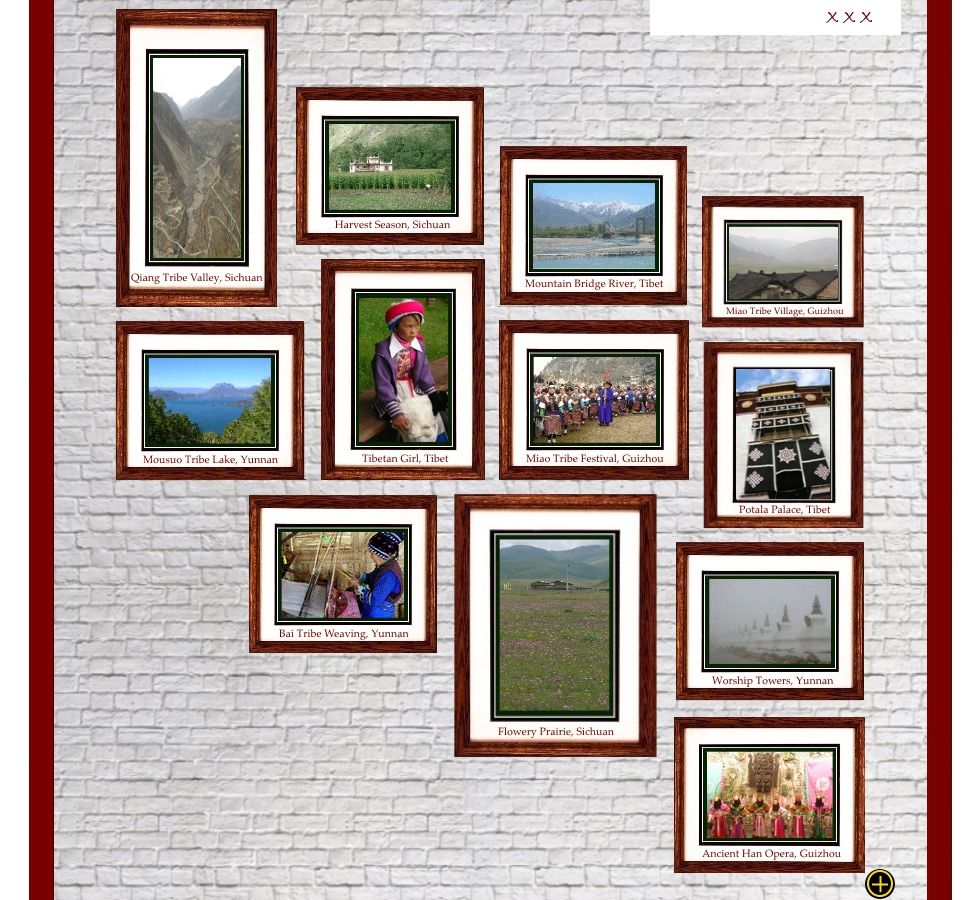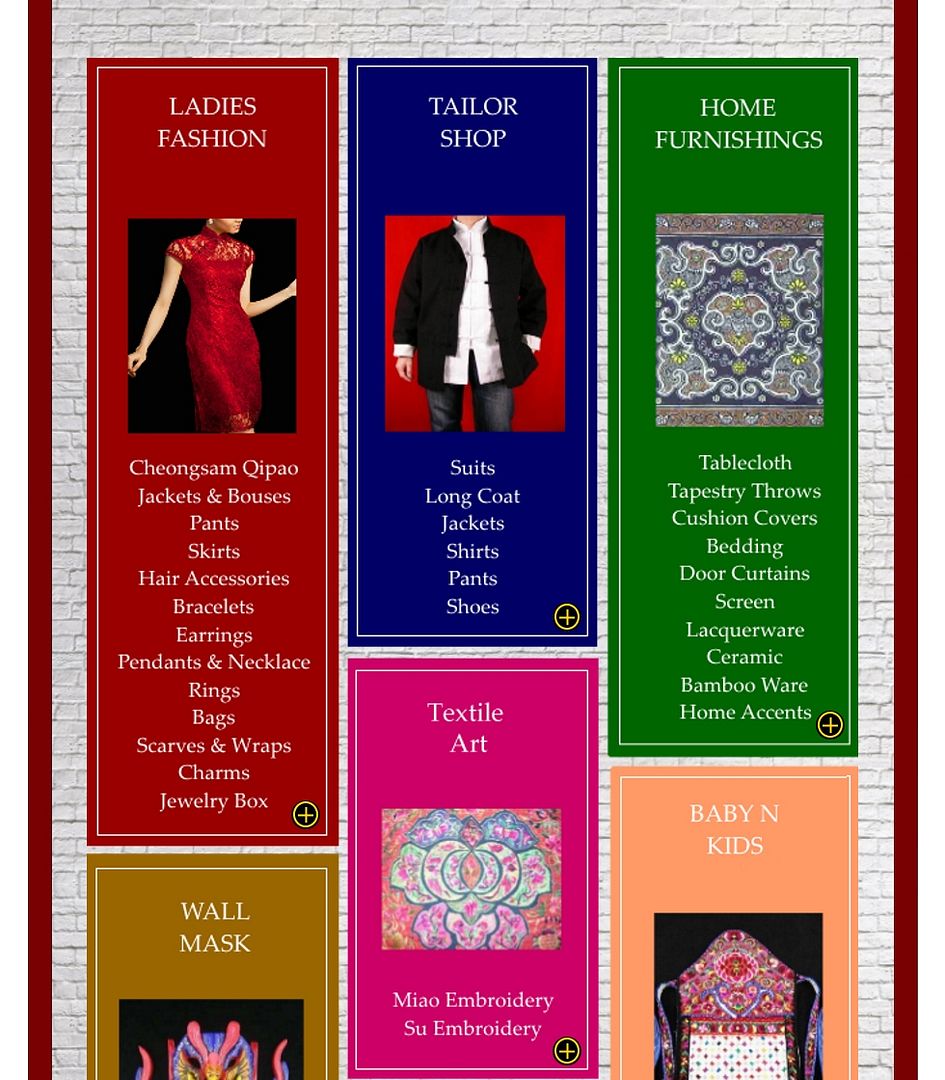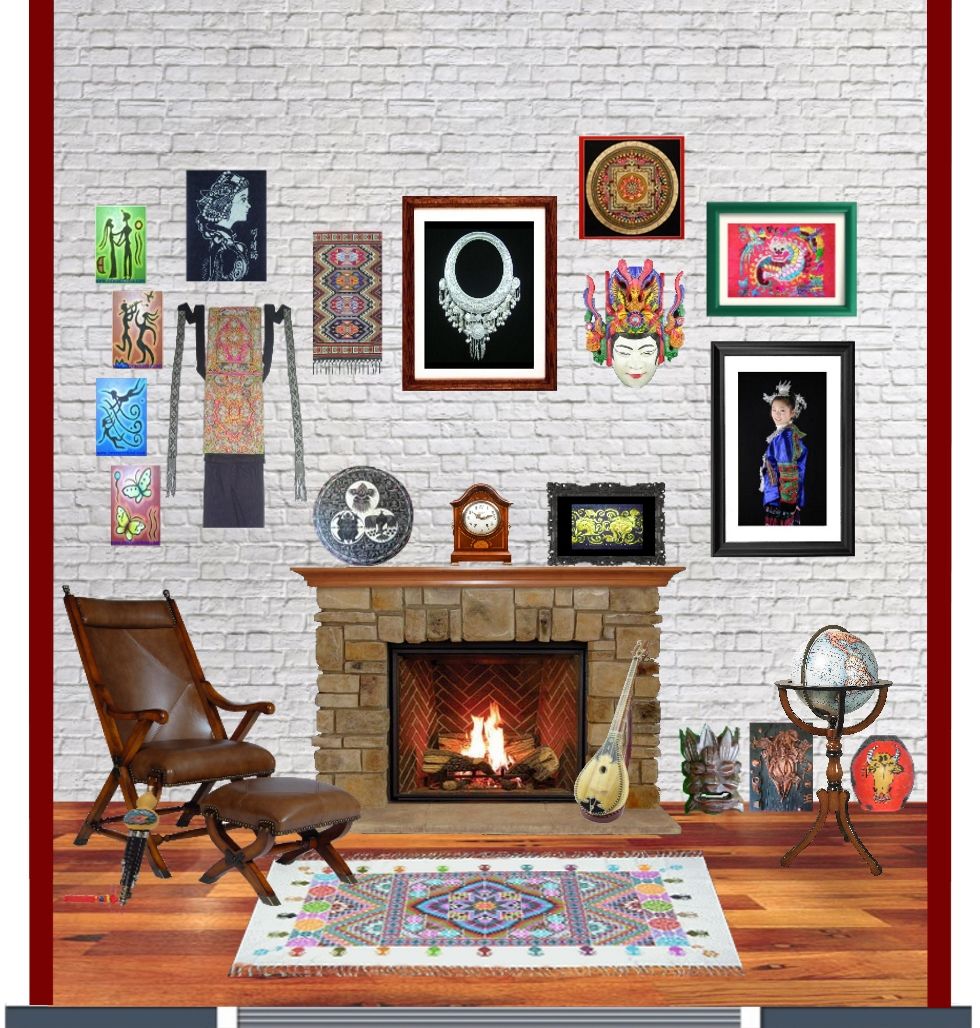The Sacred Art of Sand Mandalas ——Construction and Destruction
8th Jun 2017
A mandala is a symbolic picture of the universe, used in Tibetan Buddhism and other faiths. The mandala’s purpose is to help transform ordinary minds into enlightened ones and to assist with healing. Sand mandalas are particularly used in Tibetan Buddhism. According to Buddhist scripture, mandalas constructed from sand transmit positive energies to the environment and to the people who view them. They are believed to effect purification and healing. There are many different designs of mandala, each with different lessons to teach.
The mandala represents an imaginary palace that is contemplated during meditation. Each object in the palace has significance, representing an aspect of wisdom or reminding the meditator of a guiding principle. The Tibetan mandala contains deities, with the principal deity in the centre of the pattern. The deities who reside in the palace embody philosophical views and serve as role models.
It usually takes Tibetan Monks several days to design and place tiny grains of sand to create a beautiful work of temporary art, then it will be destroyed immediately once it is finished.
1. Opening Ceremony
 |
The mandala sand painting process begins with an opening ceremony, during which the lamas consecrate the site and call forth the forces of goodness. The monks chant and dance in resplendent dress. This event is visually and acoustically striking.
2. Drawing of the Lines
 |
After the Opening Ceremony the monks start drawing the line design for the mandala. The design of the mandala is marked with chalk on a wooden platform. This is very meticulous work that takes about several hours to complete.
3. Mandala Construction
 |
 |
Then the monks use metal funnels called chak-pur to place millions of grains of dyed sand to make the elaborate patterns. The vibrations of the serrated chak-pur being grated with a metal rod cause the sand to flow like liquid. The mandala is constructed from the centre outwards.
4. Mandala Completion
 |
This mandala took several days to complete. The monks conclude their creation of the mandala with its consecration. In some cities, several thousand guests have attended the closing ceremony.
5. Dismantling the Mandala
 |
Once the mandala is complete, it is ritually destroyed. During the Closing Ceremony, the monks dismantle the mandala, sweeping up the colored sands to symbolize the impermanence of all that exists. Half of the sand may be distributed to the audience in small bags as blessings for personal health and healing.
6. Dispersal of the sand
 |
The monks, along with spectators, travel to a body of water. The sand is then ceremonially poured into the water in order to spread the healing energies of the mandala throughout the world. It is seen as a gift to the mother earth to re-energise the environment and universe.
by Xiao Xiao xiaoxiao@interactchina.com
About Interact China
-----------------------------------------------------------------------------------------------------------------------------
"A Social Enterprise in E-commerce Promoting Oriental Aesthetic Worldwide"
Aileen & Norman co-founded Interact China in 2004 with specialization in fine Oriental Aesthetic products handmade by ethnic minorities & Han Chinese. Having direct partnerships with artisans, designers, craft masters and tailors, along with 10 years solid experience in e-commerce via InteractChina.com, we position well to bridge talented artisans in the East with the rest of the world, and bring you direct finely selected products that are of good quality and aesthetic taste.
So far we carry 3000+ goods covering Ladies Fashion, Kungfu Clothing, Home Furnishings, Babies & Kids, Painting Arts, Textile Arts, Carving Arts, Tribal Jewelry Art, Wall Masks and Musical Instruments. Our team speak English, French, German, Spanish and Italian, and serve customers worldwide with passion and hearts.
-----------------------------------------------------------------------------------------------------------------------------
P.S. We Need People with Similar Passion to Join Our Blogging Team!
If you have passion to write about Oriental Aesthetic in Fashion, Home Decor, Art & Crafts, Culture, Music, Books, and Charity, please contact us at bloggers@interactchina.com, we would love to hear from you!











